The Forum on Pushing “One Belt, One Road” Initiative and Economic and Trade Cooperation between BRICS Countries was held in SUIBE on 11 November. Xu Yonglin, SUIBE vice president; Kong Tianping, a researcher at the Institute of European Studies of the Chinese Academy of Social Sciences; Zheng Hongliang, executive deputy editor-in-chief of Economic Research; Cui Xinsheng, director of the Department of Academic Publications at the University of International Business and Economics, attended the event and made some remarks at the opening ceremony. The forum attracted over 100 scholars from home and abroad, including those from Fudan University, Renmin University of China, Nankai University, Nanjing University, Wuhan University, University of International Business and Economics, Suzhou University, Guangdong University of Foreign Studies, Southwestern University of Finance and Economics, Chinese Academy of Social Sciences, and Shanghai Academy of Social Sciences. The symposium centered on the development of “Belt and Road” Initiative and the cooperation between the five major emerging economies known as BRICS, including Brazil, Russia, India, China and South Africa.
At the meeting, Professor Sheng Bin, a Changjiang Scholar named by the Chinese Ministry of Education and dean of the School of Economics at Nankai University delivered a key-note speech on the “Belt-Road Initiative and Chinese-style Globalization”. After outlining China’s current overseas investment and cooperation in regions such as East Europe, South Europe, and East Africa, Professor Sheng discussed in details motivating factors of Chinese investment, challenges facing China’s investment, and policy recommendations. During the process, he stressed that the “Belt and Road” Initiative is the cornerstone of the Chinese-style globalization and that China will have to shoulder increasing international responsibilities and exert a growing global influence.
Ágnes Szunomár, a research fellow at the Institute for World Economics of the Hungarian Academy of Sciences, gave a key-note speech titled “Chinese FDI in Hungary – Facts, Trends and Motivations”. Szunomár pointed out that China’s investment in Hungary is mainly of market-seeking type, subject to both economic and institutional factors. The global economic downturn, argued Szunomár, presents a great opportunity for China’s foreign direct investment.
Fudan University Professor Sun Nansheng, Guangdong University of Technology Professor Cai Chunli, SUIBE Professors Zhang Juan and Liu Yonghui also gave key-note speeches at the forum.
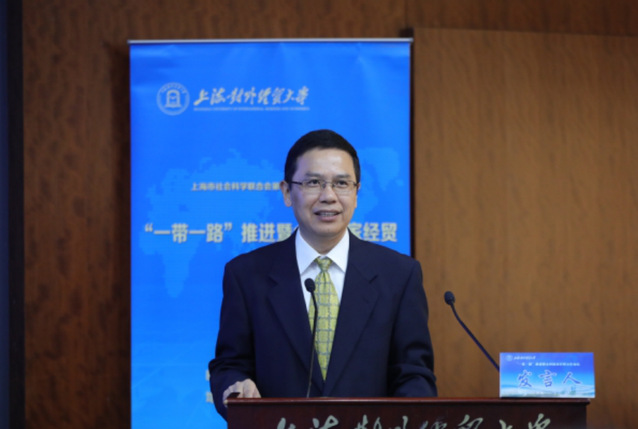
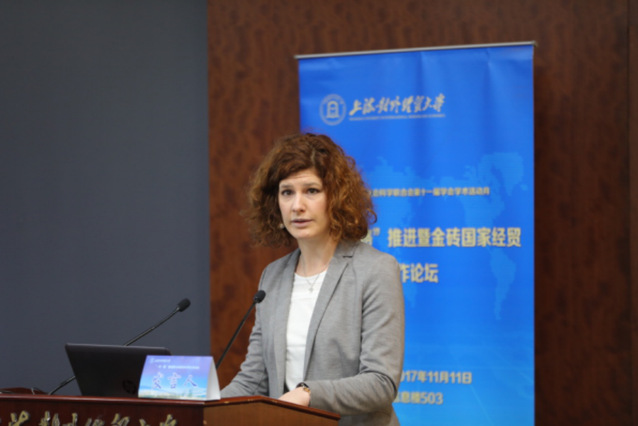
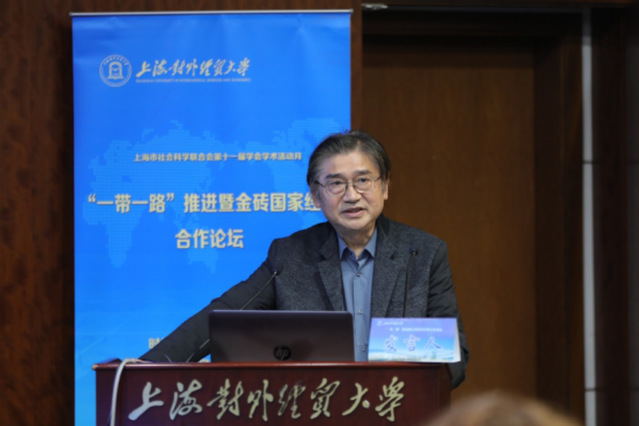
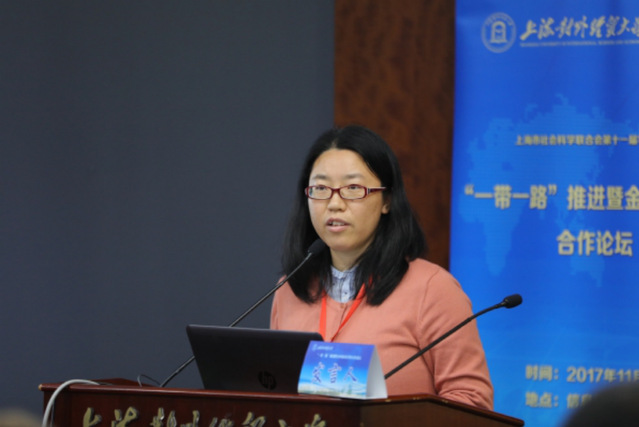
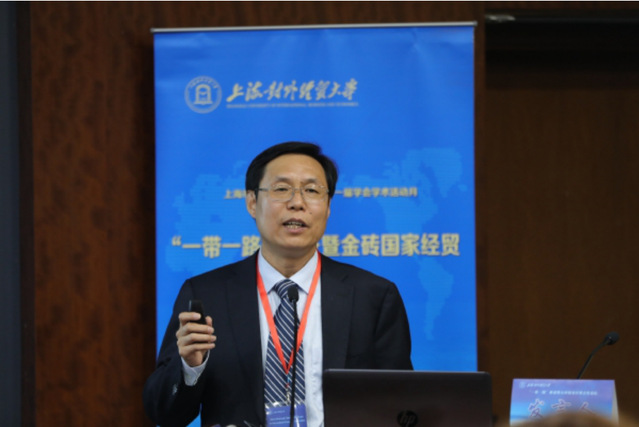
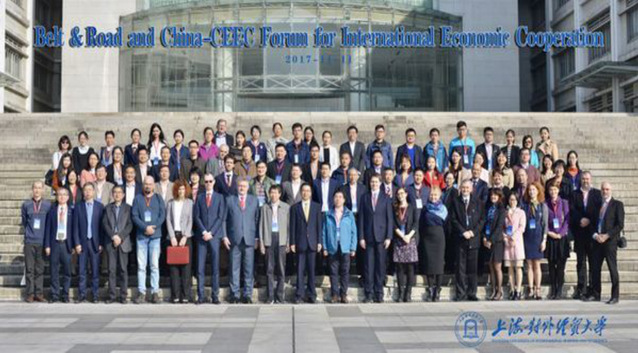
At the closing ceremony, SUIBE Professor Shang Yuhong gave some concluding remarks. Professor Shang pointed out that the forum was a great success, predicting that the discussion would enrich the theories about the development of “Belt and Road” Initiative and BRICS cooperation and have a positive impact on the shaping of national strategies and policies.
